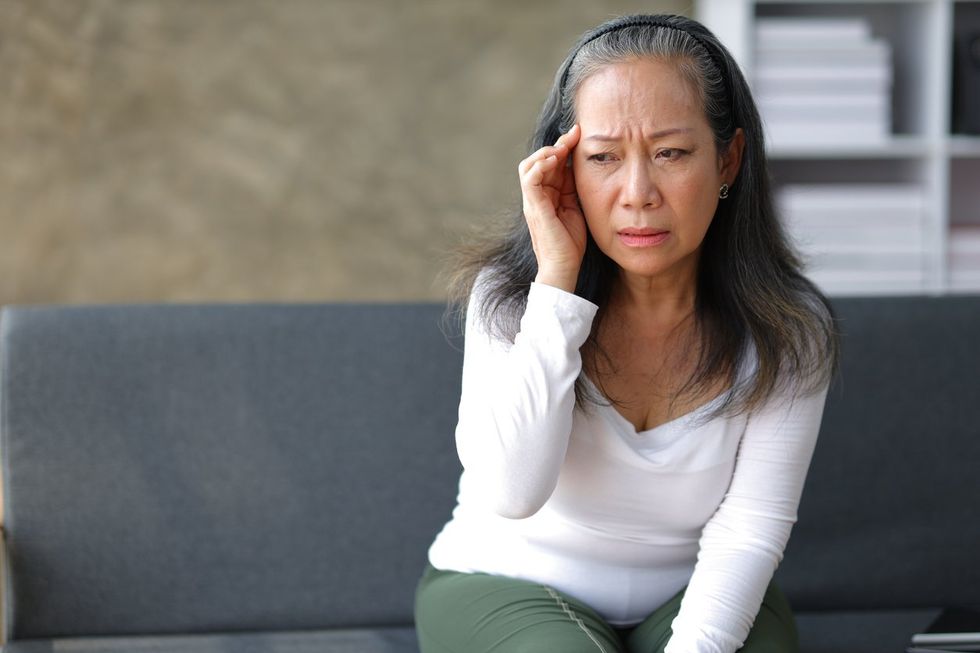
September is Pain Awareness Month
Paula* began experiencing shoulder pain last year, which gradually worsened and affected her daily activities. After being diagnosed with a shoulder tear, Paula struggles with constant pain that impacts her sleep, work, and overall quality of life.
About 1 in 5 people in the U.S. deal with chronic pain, with women and individuals assigned female at birth more likely to experience it. Chronic pain, lasting more than three months, can have various causes including health conditions like arthritis and migraines. Research shows chronic pain can alter brain function, affecting memory and emotions.
What is chronic pain?
Chronic pain can result from past injuries, illnesses, or unknown reasons, significantly impacting day-to-day life. Studies indicate chronic pain can lead to a decrease in gray matter in the brain, affecting memory, emotions, and motivation.
How chronic pain changes the brain
Chronic pain can reduce the size and activity of brain regions responsible for memory and emotions, leading to personality shifts, anxiety, and frustration. It can also affect cognitive functions and emotional regulation, causing challenges in focus and problem-solving.
Chronic pain is linked to mental health conditions like depression and substance use disorders, as it disrupts neurotransmitters regulating mood and pleasure. The emotional toll of chronic pain, along with social isolation and stress, can exacerbate symptoms and affect brain function.
Recent studies using medical imaging shed light on how chronic pain impacts the brain, emphasizing the mind-body connection. Understanding the effects of chronic pain on the brain can guide effective pain management strategies.
Chronic pain in women
Women tend to experience and process pain differently than men, possibly due to hormonal fluctuations. Stigma around chronic pain and lack of awareness can prevent women from seeking help, despite being more likely to be diagnosed with pain conditions.
Brain-healthy habits such as stress reduction, mindfulness, adequate sleep, and physical activity can alleviate chronic pain symptoms. Empowering women to prioritize self-care and recognize the brain’s role in pain management can lead to better outcomes and improved quality of life.
From Your Site Articles
Related Articles Around the Web
.





